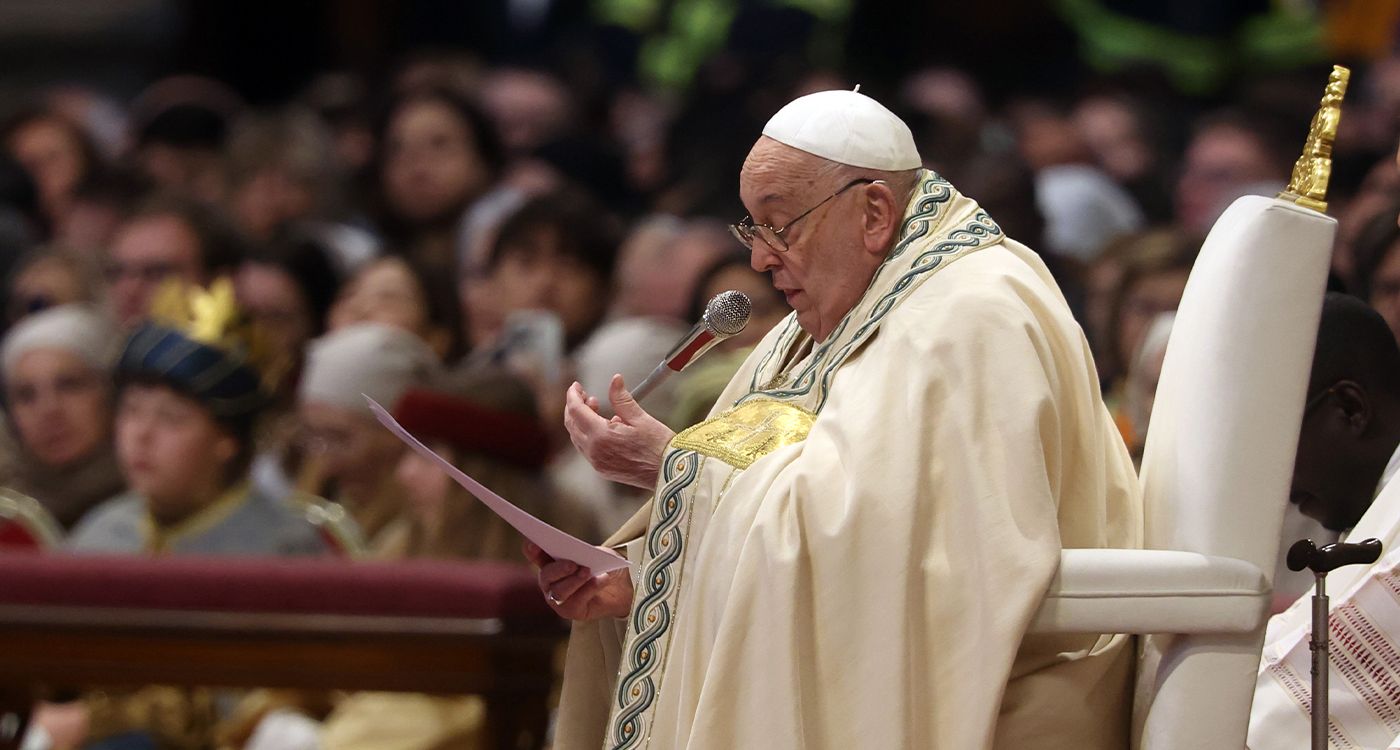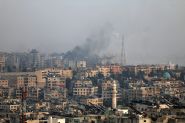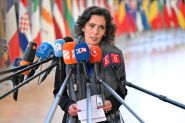- Home
- Middle East
- The Vatican Calls for a Unified Easter Date

©shutterstock
"When unity is lacking, there is nothing but absolute insignificance," warns the Pope's representative on his pastoral visit to Syria.
During the annual Week of Prayer for Christian Unity, observed from January 18 to 25, Pope Francis voiced his support for unifying the date of Easter. "The Catholic Church is willing to accept the date that everyone agrees on: a date of unity," he stated.
Catholics and Orthodox Christians traditionally celebrate Easter on different dates due to their reliance on separate calendars — the Gregorian for Catholics and the Julian for the Orthodox. However, in a rare alignment, both calendars coincide in 2025, meaning all Churches will celebrate Easter on Sunday, April 20.
A few days after Pope Francis’ statement, Cardinal Claudio Gugerotti, president of the Pontifical Congregation for the Eastern Churches, addressed the situation while speaking to the Catholic bishops. Speaking from Syria, where he was on a pastoral visit on behalf of the Pope (January 23-30), he stated, "Among Christians, religious divisions are scarcely noticed except in certain key places. Insisting on and highlighting the differences between the Eastern Catholic Churches and their separation from the Orthodox Churches — most of which share the same origins — is not something we can afford today as we struggle for our survival. Today, we must stand together as Christians because we do not know whether our future as Christians will be guaranteed. We cannot be certain of this anywhere. Therefore, this is not the time for theological disputes but for a solidarity of survival — one that also serves as a prophetic sign of communion, just as it did in the past in the Soviet gulags."
Pope Francis’ envoy began his visit to Syria with a two-day stay in Aleppo, where he met with the faithful from various Catholic communities, including Latin, Chaldean and Greek Catholic churches.
He was visibly moved upon witnessing "the dramatic hardships of the daily life of the Syrian people: widespread poverty, lack of water and electricity, absence of heating and uncertainty about the future..." A Syrian woman who had returned from Lebanon with her husband and two daughters explained, "My husband and I earn about 20 dollars a month. But for a family like ours, at least 300 is needed to live with dignity."
"The heart aches when witnessing the violence inflicted everywhere, even beyond the country’s borders, to bring Syria and its people to such levels of poverty," the cardinal declared during a meeting with members of Syrian humanitarian and charity organizations. "Pope Francis sent me here to thank all those who have recognized Jesus in the poor and the despised. I cannot tell you what the future holds for Syria, but I can tell you," the cardinal added, "that healing the wounds of Christ is the policy and strategy of the Church."
In response to the European Union's decision to begin a gradual easing of sanctions, Archbishop Jacques Mourad, the Syrian Catholic Archbishop of Homs, stated, "This news from the European Union gives us hope, as we have reached a point where it has become impossible for the population to survive."
The former monk of Mar Mousa, who was held captive by jihadists in 2015 and a close friend of Jesuit priest Paolo Dall'Oglio, missing since 2013, hopes that this decision will provide a positive boost to the transition, saying, "The country needs to recover, and with the lifting of sanctions, the reconstruction of Syria may finally begin."
At every stage of the visit, Pope Francis' call for a "Church on a mission," one willing to get its hands dirty, resonated deeply. He emphasized that young Syrians, both Christian and Muslim, are the ones who hold the hope for a future of peaceful and prosperous coexistence in this war-torn country.
Meeting with the Orthodox Christians
Before leaving Syria, Cardinal Gugerotti requested a meeting with Archbishop Magar Ashkarian, the Armenian Orthodox Archbishop of Aleppo. During their conversation, Archbishop Ashkarian shared his concerns and expectations regarding the country's political and social developments, stressing the need for a Syria where all Christians can feel like full citizens. The Pope's envoy explained, "The message I conveyed to the representatives of the Syrian Churches was primarily to speak with one voice, despite their diverse traditions, institutions and hierarchies, because otherwise, there is a risk of absolute insignificance."
According to the latest estimates, the Christian population in Aleppo has suffered a staggering decline, dropping from 400,000 in 2011 to around 40,000 today — some estimates suggest as few as 30,000 remain. Nationwide, Christians once constituted 8% of Syria’s population but are now believed to represent just 3%, or even as little as 2%.
Read more



Comments